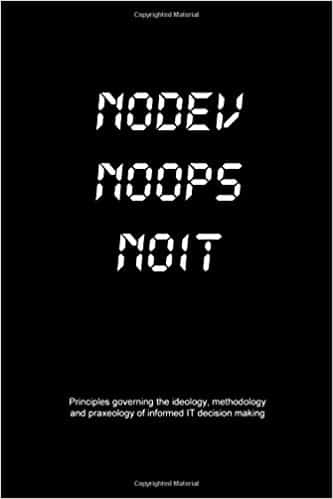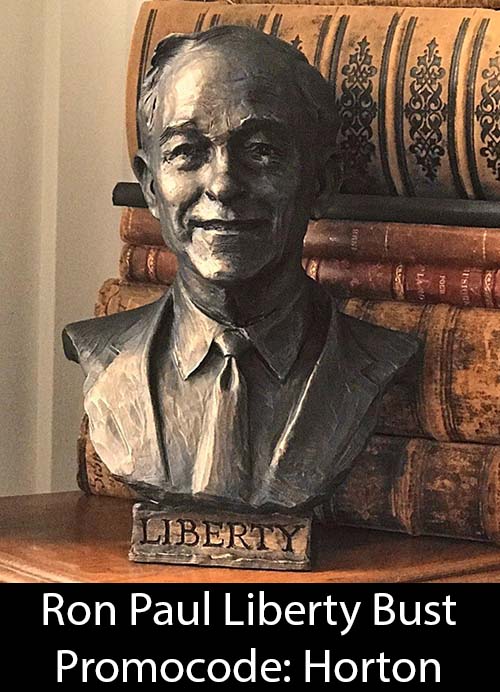Remember how Bush the Lesser claimed that Hezbollah had suffered a defeat in the war last summer?
Now the Israeli website Debka (which has close ties to Israeli intelligence sources) reports that the White House told the Turkish authorities that Israel had suffered a ‘strategic defeat’ at the hands of Hezbollah:
DEBKAfile Exclusive: White House now holds that Israel suffered a ‘strategic defeat’ in the 2006 Lebanon War
April 30, 2007, 2:39 PM (GMT+02:00)
This view was leaked hours before the Israeli Winograd panel published its harsh criticisms of the Olmert government’s conduct of the war Monday, April 30, in Jerusalem. It represents another of the grave setbacks Israel has suffered in the wake of its failed management of the Lebanon war. President George W. Bush’s original judgment directly after the hostilities ended was quite different: ‘Hizballah attacked Israel; Hizballah started the crisis and Hizballah suffered a defeat in this crisis,’ he said.
The revised view was not conveyed to the Israeli government; it was part of a warning Washington delivered to the Turkish prime minister Tayyep Erdogan, Sunday, April 24, to call off his planned offensive against PKK rebel bases in northern Iraq’s Kurdistan. The US message to Ankara reportedly cautioned the Turkish army to beware of landing itself in a situation similar to Israel’s predicament in the Hizballah war, i.e. Israel was confident of a swift victory and instead suffered ‘a strategic defeat.’
DEBKAfile’s Washington sources report:
The White House’s redefinition of the Lebanon War’s outcome is not just a factor in the foreign policy fallout dogging the Olmert government ever since, but a diplomatic olive branch for Iran, recognition that in the showdown between its surrogate and a key US ally, Tehran came off best. It is meant to pave the way for a US-Iranian understanding on Iraq and even perhaps on Tehran’s nuclear program. The Bush administration’s willingness to accept that the strategic advantage Hizballah gained in the 2006 conflict procured Iran a role in Lebanon implies its recognition of Iran’s important strategic role in Iraq. Positive ground rules are thus laid ahead of the interview projected between Secretary of State Condoleezza Rice and Iran’s foreign minister Manouchehr Mottaki at the second Iraqi security conference taking place in Sharm el-Sheik this week (May 3-4).
Should an opening for a breakthrough with Iran present itself at those talks, Washington will obviously not think twice about putting Israel’s strategic interests to one side, as the party which suffered its first ‘strategic defeat’ in war. Any US-Iran deal on Iraq will in any case probably be a package that includes Lebanon and Hizballah’s standing there..
Still, DEBKAfile’s Washington sources point out, these steps have not gone beyond diplomatic openers whose outcome is far from clear, especially as Tehran has still to respond. At the first Iraq security conference in Baghdad last month, Iranian representatives showed no inclination to jump into dialogue with America. Higher expectations this time were fueled by the sudden visit to Baghdad which the powerful Ali Larijani, who is head of Iran’s national security council and its chief nuclear negotiator, paid Sunday. It is rumored in Baghdad’s Green Zone that Larijani talked not only to Iraqi leaders but also met the new US ambassador Ryan Crocker to talk about a deal for the agenda and content of the Sharm el-Sheik conference.
Of course, the part about “Washington will obviously not think twice about putting Israel’s strategic interests to one side” is nonsense (in particular in light the eager genuflexing of the Democrats to the Neocon’s propaganda about Iran being an ‘existantial threat to Israel), but it does reveal a possible insecurity in the minds of the Neocons about whether they will be able to make their agenda prevail over US national security interests. Might the ‘Old Anglos’ be re-gaining the upper hand over the Neocons?
–VS















